950+
Organizations use Psylaris products
7500+
Therapists use our software worldwide
100.000+
Completed sessions with our applications

Isolating yourself is almost a logical consequence when you have been diagnosed with a PTSD. This has a very big impact on your life. Even if you only try to avoid one particular situation, you may develop several types of fears and phobias in the meantime. In addition to avoiding your trauma, you now try to avoid your developed fear or phobia, which only increases your loneliness. You can no longer leave your home and this prevents you from going to work. The whole situation has become a downward spiral from which you can no longer escape and which can push you into depression. Do you have PTSD? Then you need professional help and especially if you have isolated yourself.
Have you isolated yourself by not wanting to be confronted with your traumatic experience? Then it is difficult to come out of it on your own. In that case you also have PTSD, so there are more complaints at play. PTSD is caused by an unprocessed trauma and can only be solved with professional help. EMDR is one of the best treatments for this. EMDR stands for 'Eye Movement Desensitization and Reprocessing'. In other words: by means of distraction with eye movements, the experienced event is again stored in the memory, but no longer as a trauma. It is a therapy that has already proven to be successful, but for science it is still unclear how exactly the therapy works in the brain.

During a session of EMDR, the therapist will ask you to recall the trauma in your mind. So you have to relive it, including all the accompanying feelings and thoughts. This is confronting, but it is the first step towards recovery. As soon as you relive the trauma, the therapist provides a distraction. This may be a hand signal which you have to follow with your eyes, but you may also be given headphones so that you are distracted by sound signals. At that moment you no longer think about the trauma and you will notice that the next time it is easier to recall the trauma. After a while the sharp edges disappear. When you have gone through all the sessions, chances are that you have fully processed the trauma and that you no longer avoid situations. Isolating yourself is no longer applicable.
Digital innovations are increasingly used in the mental healthcare sector. This is exactly what Psylaris is aiming for. In this way, mental healthcare becomes more accessible and effective. Therefore, Psylaris has developed an EMDR module for virtual reality. With VR glasses on, the client will experience a distraction, or working memory load, much more intensely. After all, with the VR glasses on, he/she is closed off from reality. With virtual reality, the practitioner has many more (digital) possibilities to distract with the feature to add videos during the session.
Another solution of Psylaris, is EMDR-remote. This is ideal for clients who are isolated at home and don't dare to go out. EMDR-Remote is an online platform, where both the client and the practitioner can log in. Through a stable connection, EMDR is given remotely via video calling. Here, too, the practitioner has many possibilities for distraction and the isolated client is still treated in a safe domestic environment.
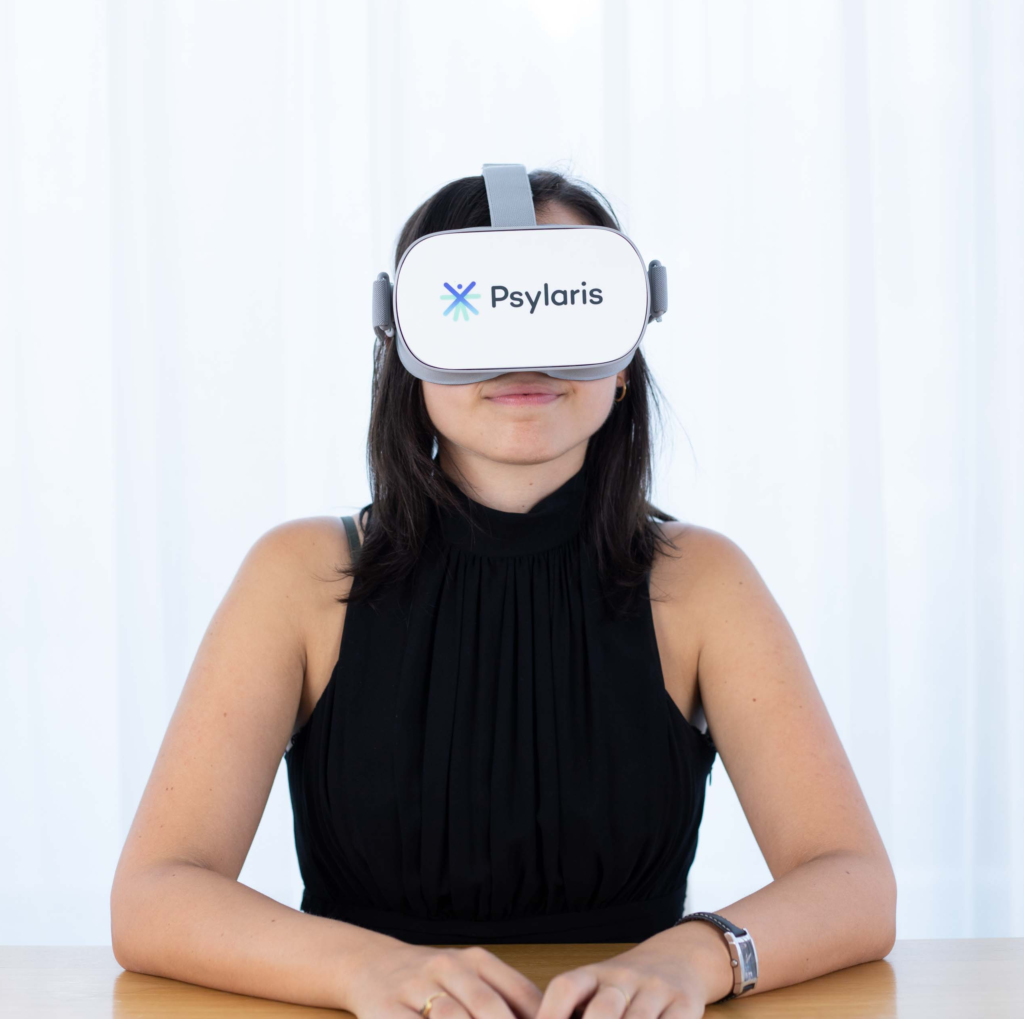
As a developer of modern methods and tools in mental healthcare, Psylaris has also made EMDR easy with modern techniques. Virtual reality, for example, plays an increasingly important role in the mental healthcare sector. With EMDR-VR and EMDR-plus, Psylaris has developed a VR-module. The module can easily be used by the practitioner and has many distraction possibilities. The client gets a more intense distraction than during a regular treatment. The VR glasses can be used both at home and in the treatment room. This makes both the practitioner and the client more flexible.
If the client is unable to come to the treatment centre, Psylaris uses EMDR-remote to make it possible to receive EMDR treatment at home. EMDR-remote is the online EMDR platform of Psylaris, where the practitioner and the client can conduct an EMDR session via video calling. Again, the practitioner has many possibilities to distract and the client, who is chained to the house, is still being treated.
We believe with the combination of intelligent software and qualified therapists we can develop a system in which everyone, anytime and anywhere has direct access to efficient and affordable psychological care.
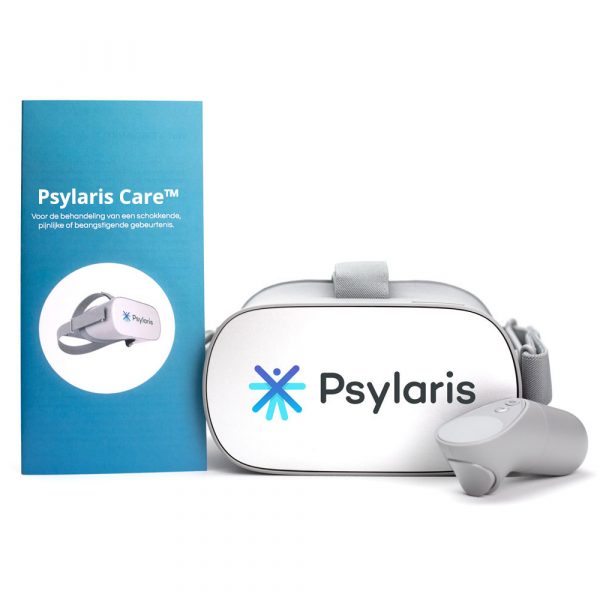
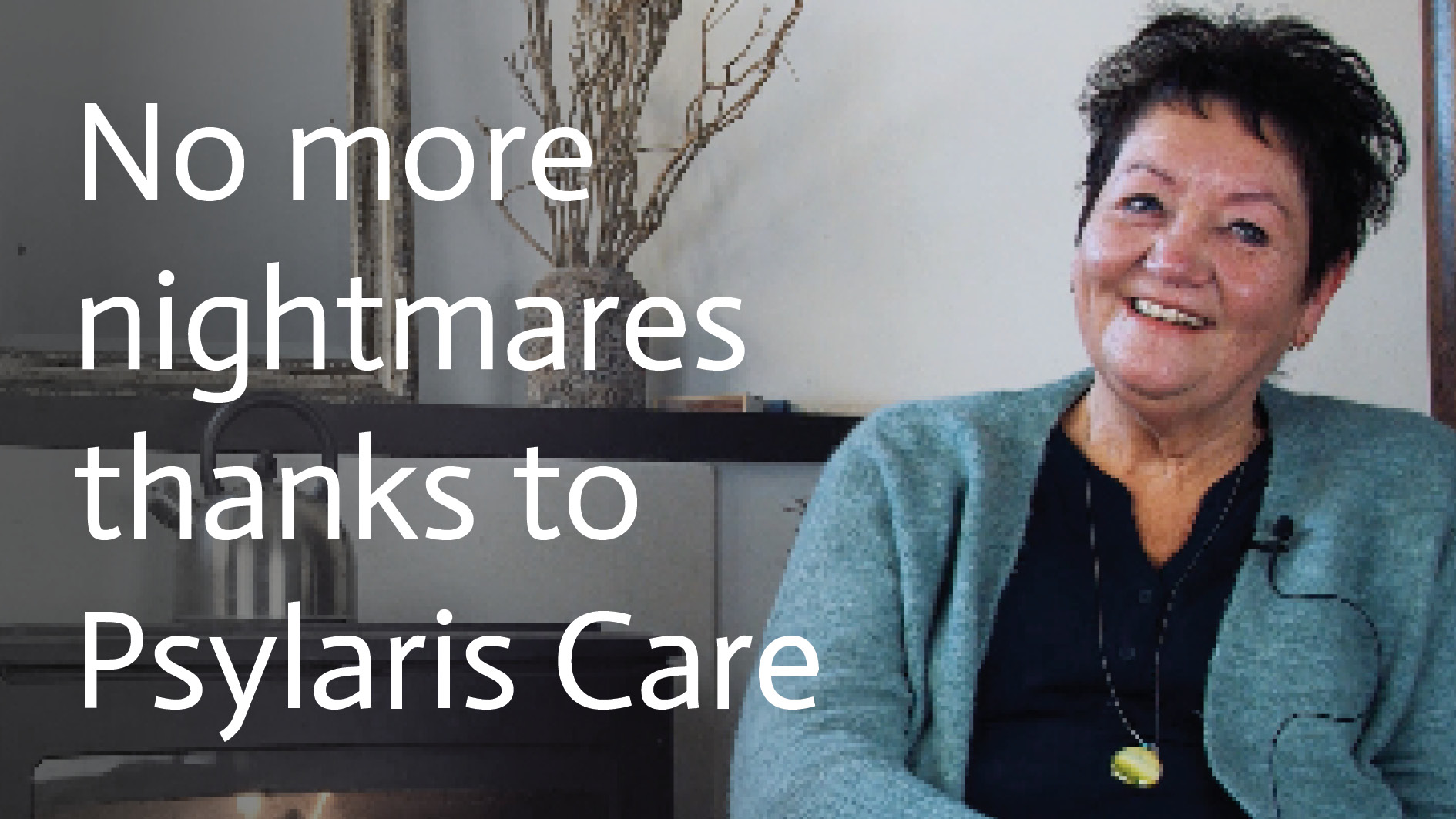
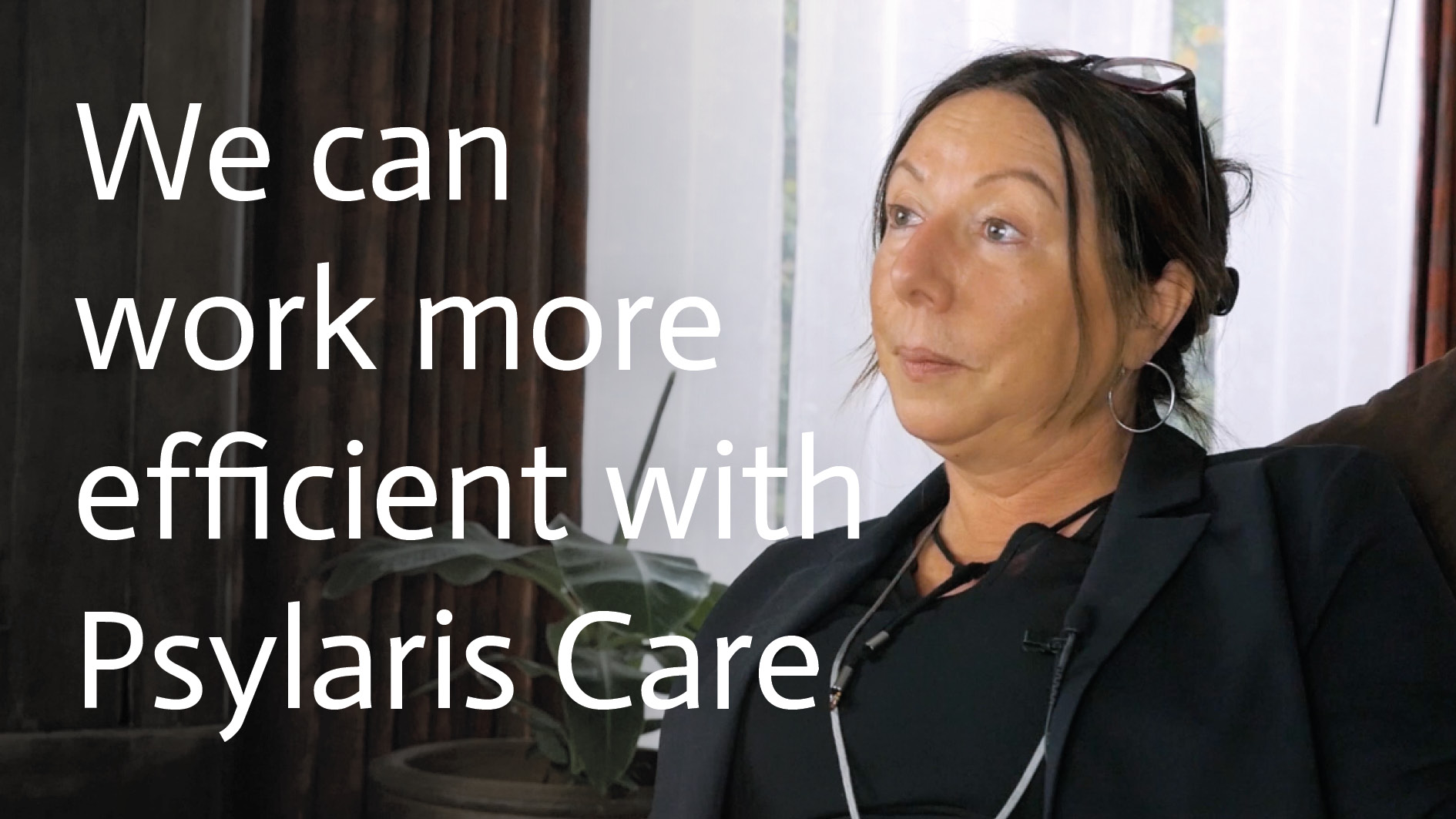
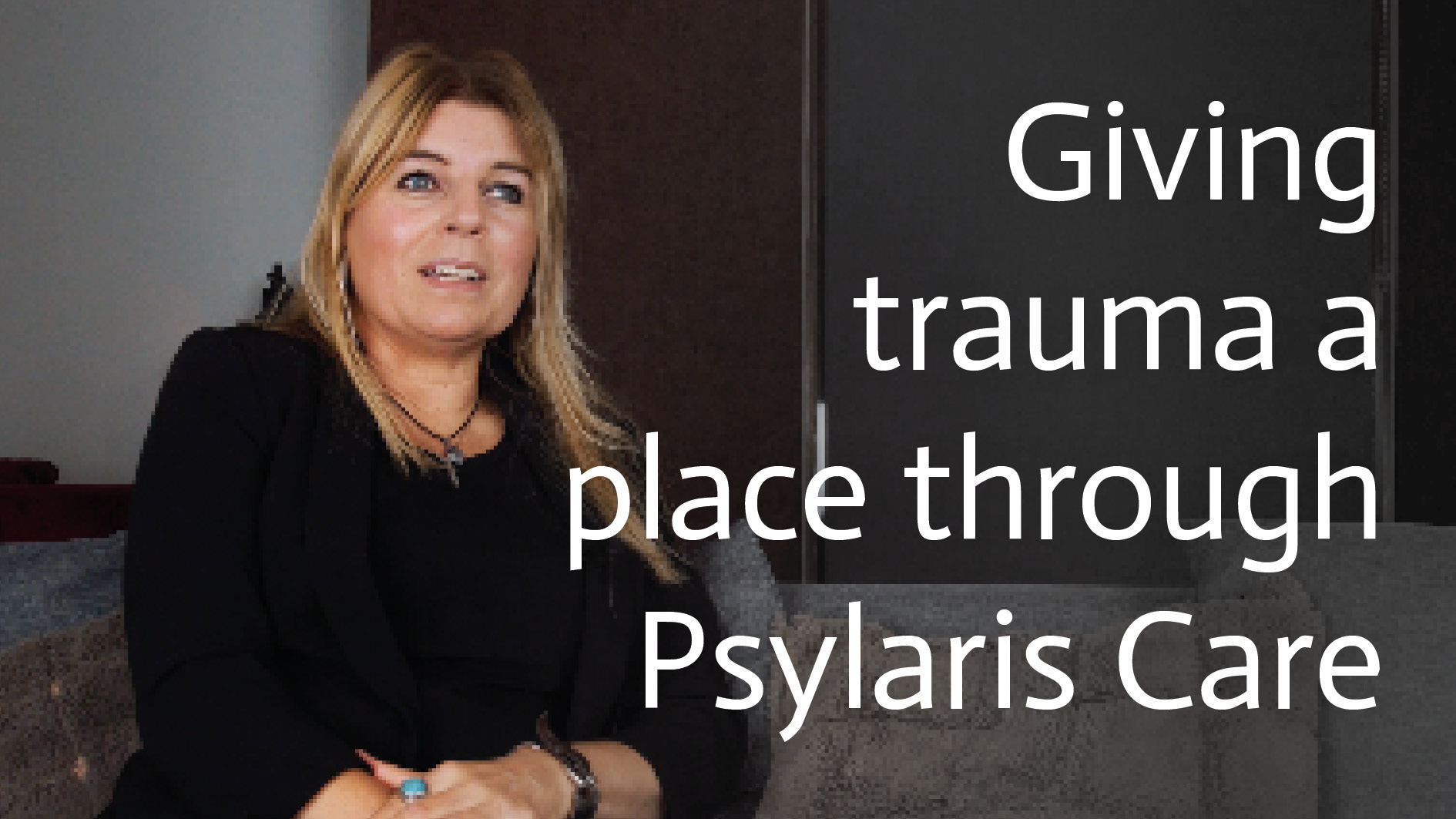
This website uses cookies to ensure that you get the best experience on our website.